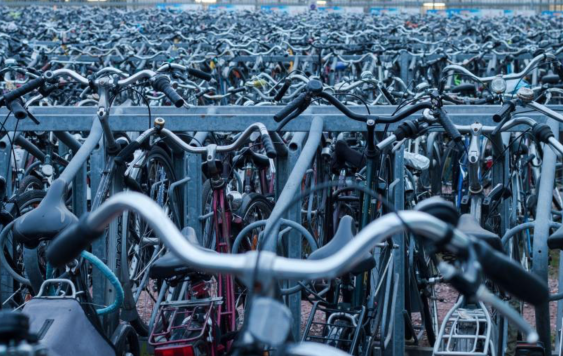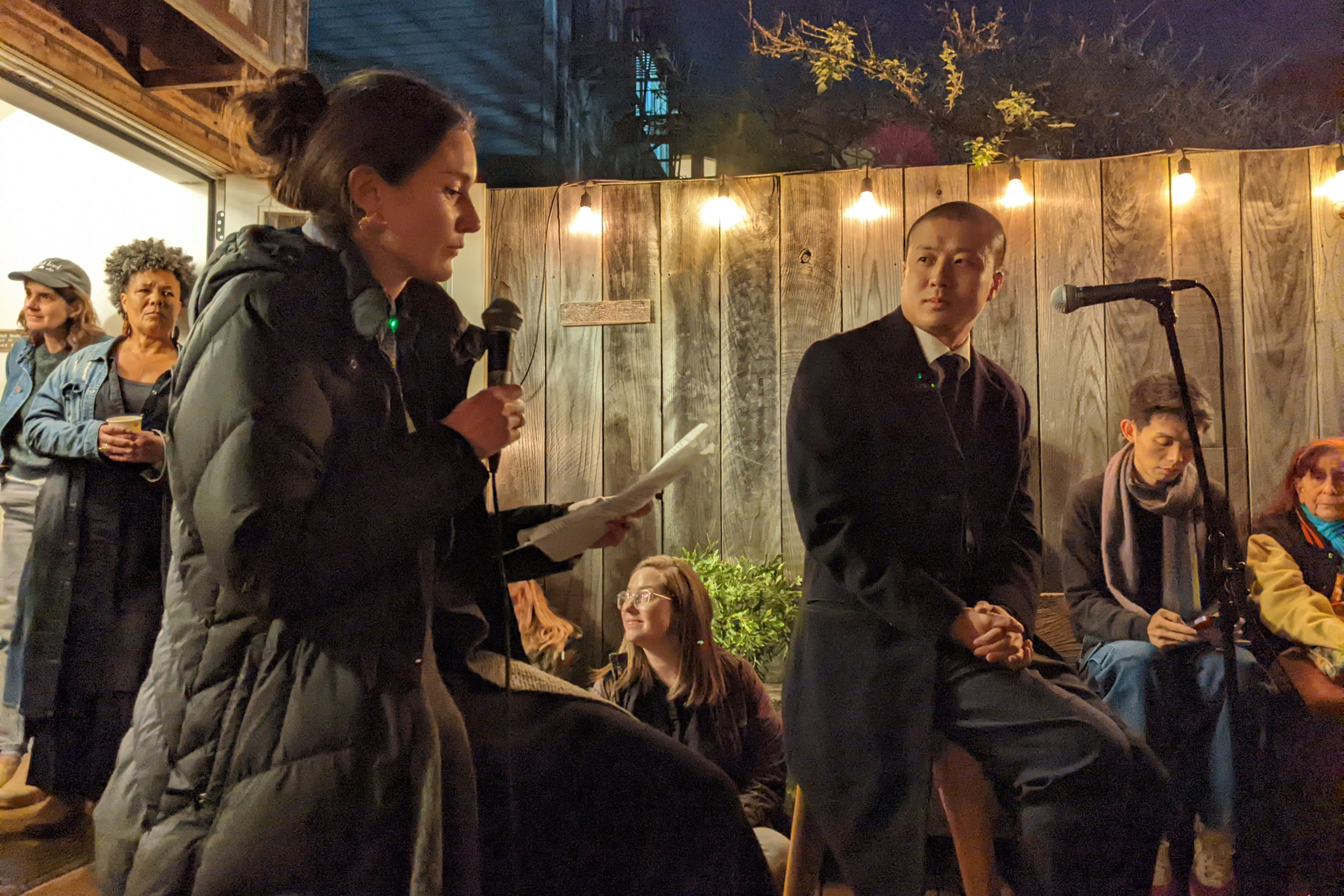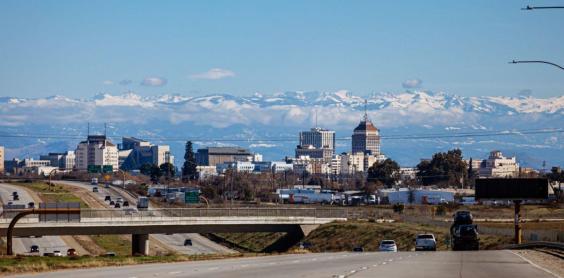"There is no war on the car,” said Toronto City Councillor Paula Fletcher. “There’s basically been this continued war on people who don’t have a car.”
To remedy that situation, Fletcher, along with all of her colleagues on the Toronto and East York community council, voted last week to reduce speed limits to 30 kph (or 18.6 mph) on 240 miles of residential streets in the central districts of the city.
The lower speed limits are expected to encourage more people to bike and walk, and to improve air quality and noise conditions in the affected neighborhoods.
Toronto Mayor John Tory opposes the plan, preferring a neighborhood-by-neighborhood approach. Previous Mayor Rob Ford was (not surprisingly) more blunt, called the idea "nuts, nuts, nuts." But on this issue, the mayor doesn’t get a vote.
Opponents of the plan argued that it will backfire since some streets are designed for faster speeds. It's true that lowering the posted speed limit is no substitute for street designs that slow motorists. That's why 20 mph zones that have saved lives in London include engineering changes as well. But it's also true that blanket speed limit reductions, with no additional interventions, have a track record of success.
The lower speed limits in Toronto will make difference, and hopefully will serve as an impetus to redesign streets for safer driving speeds too.






